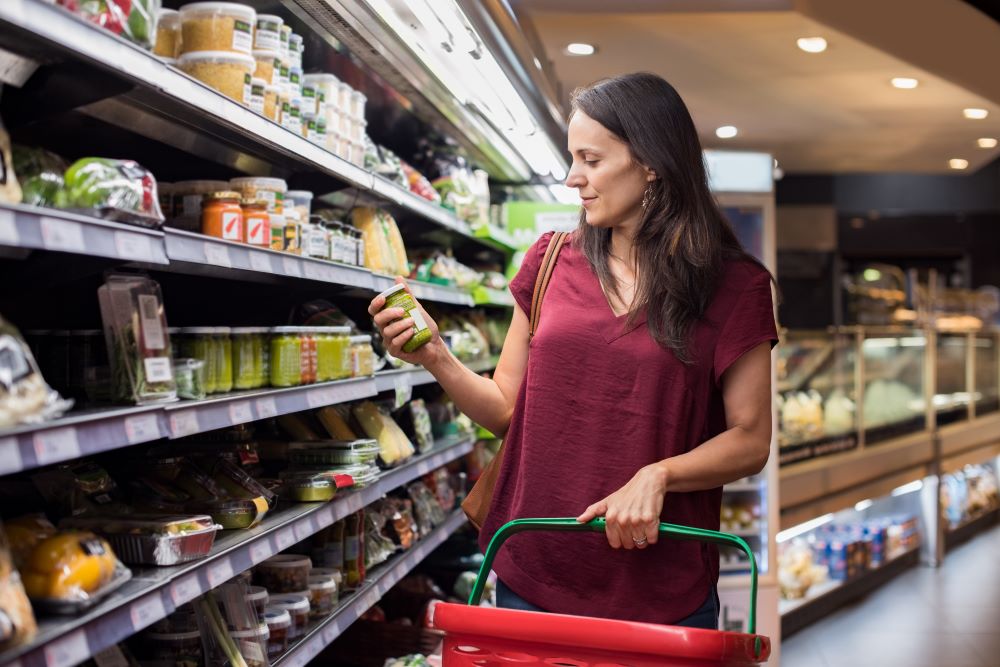
The Department for Environment, Food and Rural Affairs (DEFRA) has also issued a new briefing note explaining how export health certificates for composite products being exported to the EU have been updated.
Composite products are those items that contain both animal-origin and plant-based ingredients.
Old certificates can continue to be used until 15 April 2023 provided they are issued no later than 15 January 2023.
New French attestation rules
Border authorities in France also introducing new requirements for shelf-stable composite goods that will come into effect from 15 January 2023.
All private attestations for exports of shelf-stable composite goods presented at a French Border Control Post (BCP) must be translated into French from this date. The rule had been due to come into force on New Year’s Day but DEFRA negotiated a two-week extension with its French counterparts.
EU or Northern Ireland agents can complete a private attestation for composite goods that are ‘shelf-stable’ (meaning they do not require to be frozen or chilled) and which do not contain processed meat/
DEFRA has advised that exporters should check if the French BCP they are sending their goods through will accept a private attestation in advance of their exports.
Sampling rules
French authorities are also beginning ‘phase 2’ of their introduction of sampling controls on certain products of animal origin (POAO) exported from Britain to the EU.
Each phase sees additional commodity types bought into the scope of the additional sampling checks conducted by French authorities in addition to existing physical checks.
Phase 1 saw sampling checks introduced for a range of goods, including certain fish, bovine, chicken, turkey and other poultry meat products for human consumption. Phase 2 sees new sampling checks for all other fish, meat, meat preparation goods, meat products and cheeses for human consumption.
Defra is awaiting confirmation on the percentages of sampling for each commodity type, but has confirmed with the French authorities that there will be no additional cost to exporters for the sampling checks.
Need guidance
If you require any further guidance on sanitary and phytosanitary requirements for exports to the EU, and you are a business member with the Institute of Export & International Trade (IOE&IT), you can contact the IOE&IT’s International Trade Technical Helpline for further support.
The service is provided over a dedicated member phone helpline, ensuring you can contact an IOE&IT expert directly at the point of need.


